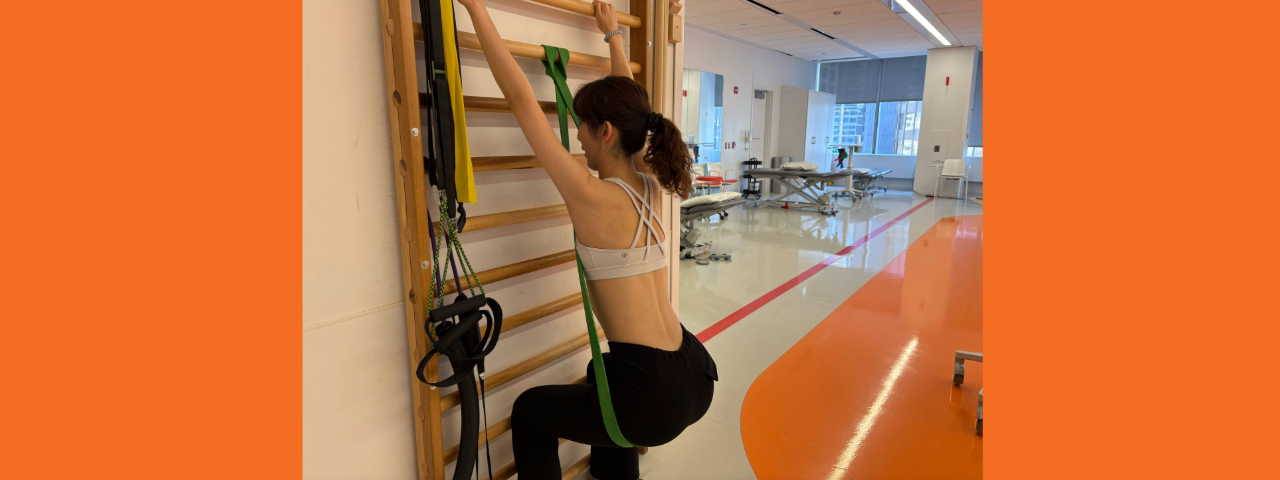Body
Meet Mian Absar Ali of Pakistan and Omar Hegazy of Egypt, Shirley Ryan AbilityLab’s mentees from the Global Sports Mentoring Program Class of 2024. They recently visited Washington, D.C., to present plans to expand access to adaptive athletics in their home countries.
Absar is a former Pakistani table tennis champion who is seeking to build Pakistan’s first center that provides safe spaces and sporting opportunities for people with disabilities and women who have survived gender-based violence.
Omar, who experienced limb loss after a motorcycle accident, became the first person with an amputation to swim across the Gulf of Aqaba between Jordan and Egypt. He now is working to develop a company that supports and promotes athletes with disabilities.
While in Washington, D.C., Absar and Omar presented to representatives from the University of Tennessee Center for Sport, Peace and Society, the organization that operates the Global Sports Mentoring Program, as well as the U.S. State Department that funds the program.
Mentorship in Adaptive Sports
Body
Both Absar and Omar are mentees in the Global Sports Mentoring Program, which has been a partner with Shirley Ryan AbilityLab for the last decade.
They worked closely with Shirley Ryan AbilityLab program mentors — Derek Daniels, director, Adaptive Sports & Fitness Program, and Kelsey LeFevour, manager, Adaptive Sports Programs — for a three-week residency in Chicago.
Their time in Chicago included opportunities to shadow members of Shirley Ryan AbilityLab’s Adaptive Sports & Fitness Program team, and to meet leaders from the Chicago Park District, the Mayor’s Office for People with Disabilities and Access Living of Metro Chicago.
The residency is intended to show mentees the nuts-and-bolts logistics of running an adaptive sports program, and to demonstrate the crucial importance of community engagement and outreach.
“We try to help them strategize how to continue to build their own projects back home,” said Derek. “We provide them with opportunities to see how we use sport to build community and how that spills over into advocacy as the community becomes stronger.”
During the program, there were meaningful opportunities for cross-cultural exchanges.
“There were some 12-plus-hour days, a trip to Champaign, a Chicago Fire game, a series of firsts as they tried new sports, ate new foods, talked with our athletes and networked with the early pioneers of accessibility in our great city,” said Kelsey. “Along the way, we learned more about their worlds and it helped us think about our own, too. Dreaming is contagious, I think.”
Finding Power, Meaning and Community in Adaptive Sports
Body
Derek emphasized that the power and meaning of sports goes far beyond physical fitness.
“We wholeheartedly believe that sports can create community and that the social outcomes can develop into greater opportunities for many who lack resources,” he said. “To make that possible, you need access to the right equipment and knowledge, which is why we are doing our part: helping developing countries establish plans to support active lifestyles for people with impairments.”

